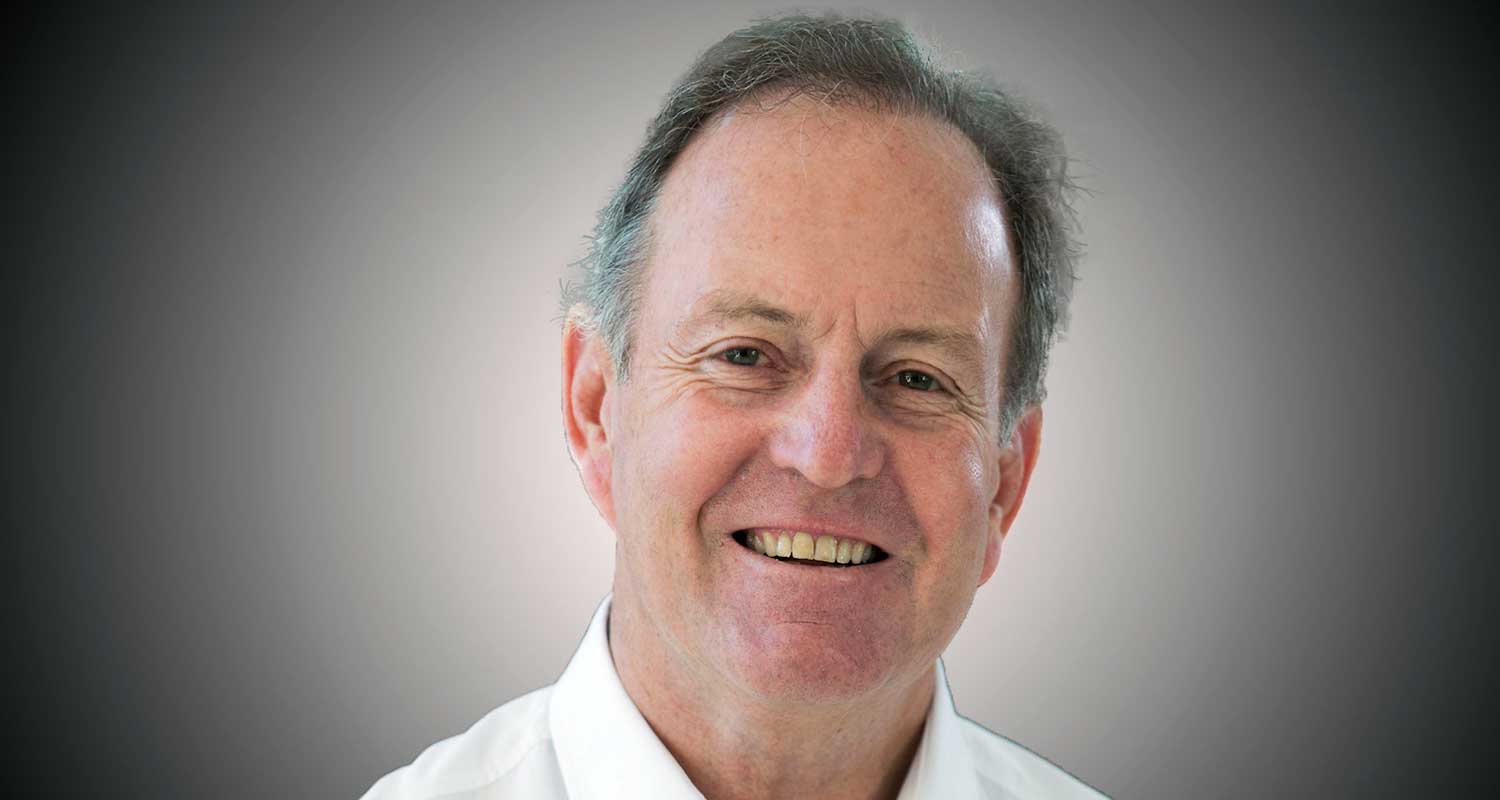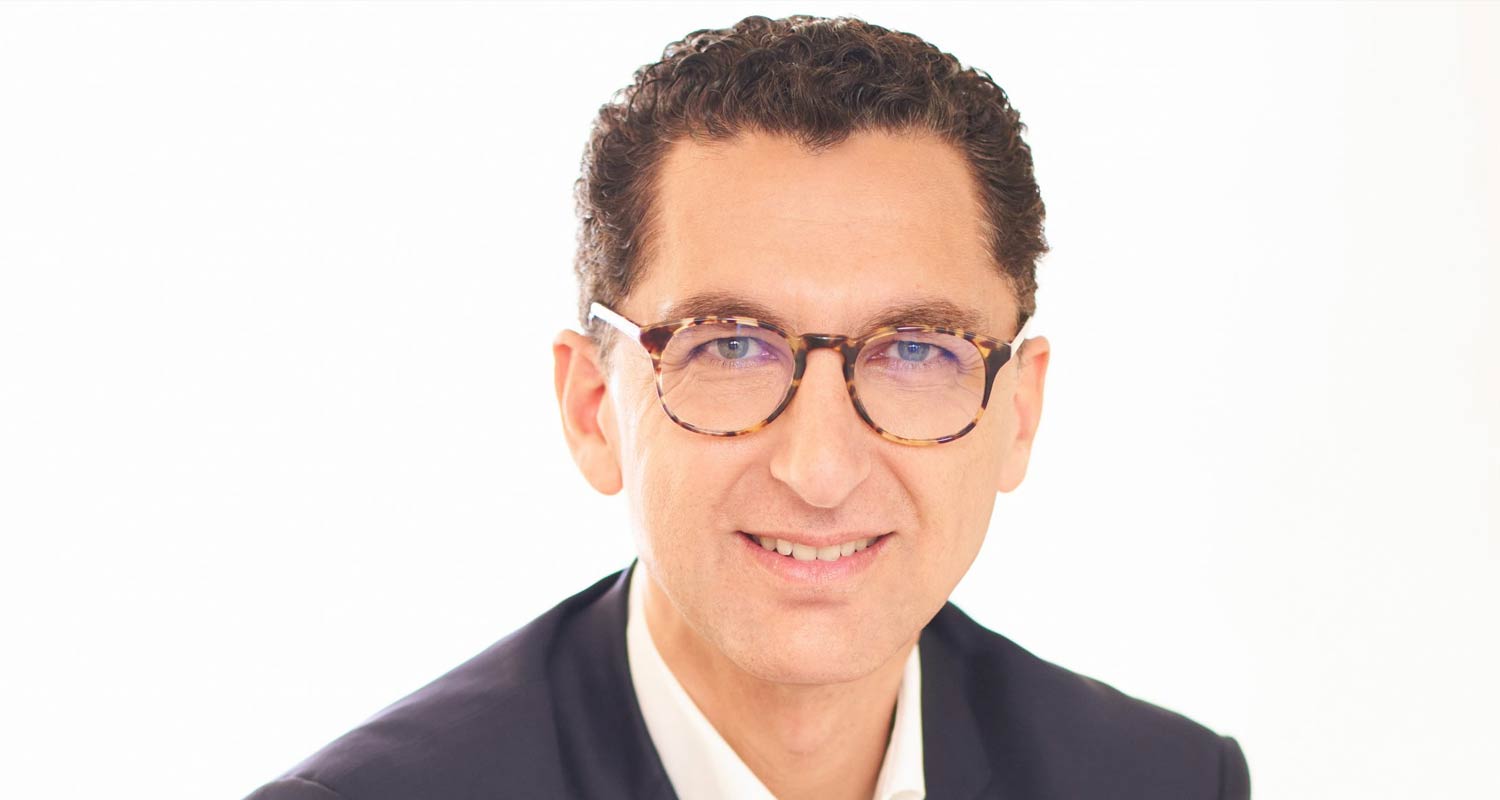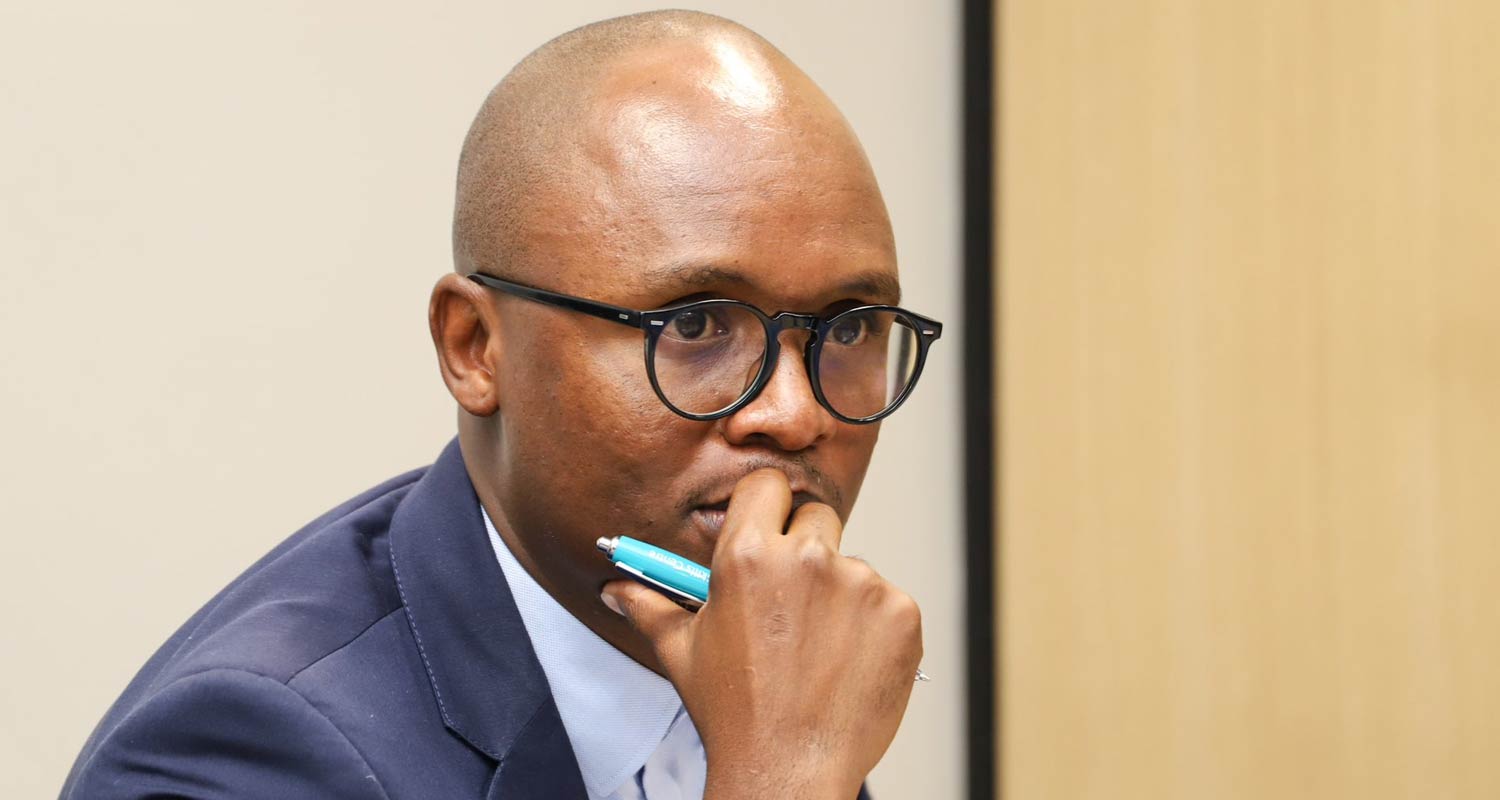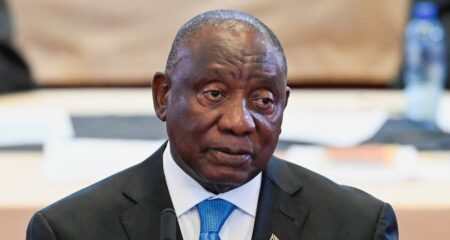It’s been one of the busiest news years in South Africa in a long time, particularly on the political front.
The ANC lost a general election for the first time in the democratic era, forcing it to govern in a coalition with other parties, forging a government of national unity that mercifully excluded the kleptocrats on the far left.
That’s given South Africans reasons to hope again after the lost years of the Jacob Zuma administration and President Cyril Ramaphosa’s poor first term in office.
Huge problems remain, though, and getting South Africa onto a more solid footing is going to take years of hard graft and will require the GNU to last.
The technology sector has made plenty of headlines, too, this year – and not always for the best reasons, unfortunately.
The judgment against six former Dimension Data executives came as a shock to the industry and to the business community more broadly.
The six are seeking to appeal a high court judgment that found they’d “entered into an illegal scheme” designed to benefit them personally at the expense of Dimension Data – now NTT Data – and its parent, Japan’s NTT Group. The judgment also raised concerning questions about the abuse of South Africa’s black economic empowerment rules.
The list
NTT now wants the former executives declared delinquent directors in terms of section 162 of the Companies Act and is seeking unspecified damages from them. What a mess!
TechCentral on Thursday published its annual Global Newsmakers list, with Elon Musk – who else? – in top place. You can read that list here.
But who made the cut in our list of TechCentral’s South African Newsmakers of 2024? Read on…

5. Jeremy Ord & Co
Dimension Data – now rebranded as NTT Data – was once the darling child of the South African stock market, and its co-founder, Jeremy Ord, could seemingly do no wrong. But a November high court finding that Ord and five co-conspirators concocted an “illegal scheme” to defraud shareholders and parent company NTT Group rocked the local business community.
Ord & Co, referred to as “the protagonists” by high court judge Denise Fisher, were found to have used an elaborate string of silent partnerships to hide the fact that they – six white males – ultimately owned and controlled the “BEE” entity that Dimension Data’s Bryanston headquarters, The Campus, was eventually sold to. The court declared the sale of The Campus property in Bryanston null and void and awarded punitive costs against the former executives.
They have since vowed to appeal Fisher’s ruling, citing a lack of evidence and a misinterpretation of some of the e-mail correspondence between the executives that Fisher used to make her judgment.

4. Maxime Saada
Most South Africans had probably never heard of Group Canal+ CEO Maxime Saada prior to the French media giant’s bid for a controlling stake in local broadcaster MultiChoice Group. Although not South African himself, Saada made local headlines throughout the year.
Saada has shown a surprisingly stoic calm in the face of much noise surrounding Canal+’s intended takeover of MultiChoice, coolly swatting off speculation that the French broadcaster will not be able to overcome a clause in the Electronic Communications Act that limits foreign control of local broadcasting entities. Gaining the Competition Commission’s approval is another hurdle Saada seems sure Canal+ will overcome. We’ll see.
Canal+’s parent company, French media behemoth Vivendi Group, recently listed Canal+ separately on the London Stock Exchange. The unbundling is meant to unlock value and expose investors to various assets within the Vivendi stable. Saada said London was chosen because of Canal+’s intention to focus more on English-speaking markets.
A merger between Canal+ and MultiChoice would create the largest broadcaster in Africa, with Canal+ dominating Francophone nations and MultiChoice doing the same in Anglophone countries. The two entities would also combine their production capabilities to take advantage of economies of scale in making localised content for specific African markets.
Whether Saada’s quiet confidence is warranted remains to be seen.

3. Serame Taukobong and Jorge Mendes
The CEOs of Telkom and Cell C had a good 2024, and were certainly bigger headline makers than their peers at Vodacom and MTN – at least in the South African context.
Let’s start with Taukobong, who has brought a disciplined focus to his leadership of Telkom – and has been rewarded with a share price that’s risen more than 20% in the past year.
With a likeable, down-to-earth management style, he engineered the sale this year of Swiftnet – Telkom’s towers and masts business – to a consortium led by Actis, pulled the plug of the sale of an equity stake in fibre business Openserve and restructured an underperforming BCX.
Investors have warmed to Taukobong’s strategy, which is reflected in Telkom’s improving share price. What was that phrase about being slow and steady and winning the race?
As for former Vodacom executive Jorge Mendes, who has taken on the difficult job of turning around Cell C, it appears he’s off to a solid start. He led Cell C’s brand refresh this year – signalling to the market and to consumers that the long-troubled company is here to stay.
Mendes also assembled a strong management team around him, including many former executives from Vodacom – something that can’t have pleased Vodacom Group CEO Shameel Joosub too much. This talent won’t have come cheap, but without the right skills at the top what hope did the struggling Cell C have? With the backing of Blue Label Telecoms – soon to become the mobile operator’s controlling shareholder – Cell C under Mendes’s leadership has a real, albeit possibly final, shot at redemption.

2. Solly Malatsi
South Africa’s seventh democratic election and the subsequent formation of the government of national unity was a key focal point for the nation in 2024. One of the outcomes from the GNU’s formation was that for the first time in South Africa’s democratic history, a Democratic Alliance MP, namely Solly Malatsi, was put in charge of the critical communications portfolio, which had been neglected and abused by the ANC.
Malatsi faces a daunting task ahead of him, with the future of ailing state-owned entities including the Post Office and the SABC hanging in the balance. He must also oversee the long-delayed analogue switch-off, negotiate a workable peace between the SABC and signal distributor Sentech, and sort out governance issues and corruption at the State IT Agency.
He has taken a few decisive actions already, including making changes to the board of the Universal Service and Access Agency of South Africa and launching an investigation into Sita.
He has also proposed public-private partnerships to save the Post Office, withdrawn the controversial SABC Bill in search of “a proper solution” to its funding model, and extended the analogue switch-off deadline by three months to March 2025.
Some will argue he spent the first few months of his tenure in 2024 kicking for touch, which was probably sensible given the political complexity of his portfolio. Will 2025 be the year he starts scrummaging? We hope so.

1. Mteto Nyati and Kgosientsho Ramokgopa
TechCentral’s South African Newsmakers of 2024 are Eskom chairman Mteto Nyati and energy minister Kgosientsho Ramokgopa, who together are leading real positive change in the electricity sector after years of economy-destroying load shedding.
Nyati – a well-known figure in South Africa’s ICT industry as a former CEO of Microsoft South Africa and Altron Group – has brought a governance culture and discipline to Eskom that’s long been missing. A measure of stability has returned to the organisation and, although the utility is by no means out of the woods (Nyati freely admits as much), bringing load shedding to a conclusive end deserves applause. The accomplishment took the work of many people, but real leadership starts at the top.
“We are starting to see the benefits of what we have done in the 2024 financial year, and performance has improved quite a lot. But there is a lot that needs to be done” beyond simply ending load shedding, Nyati told journalists this week.
He’s right: a huge amount of work still lies ahead, including the complex unbundling of the business into its component parts and dealing with Eskom’s increasingly unaffordable tariffs, which will ultimately mean reducing the utility’s cost base, dealing with its inefficiencies and getting it ready to compete in a liberalised energy market – much like Telkom had to do when the telecommunications sector was liberalised.
Then there’s energy minister Kgosientsho Ramokgopa, who has demonstrated a level-headedness and a willingness to work hard, consult widely and get things done. Although many were sceptical of his appointment (he’d hardly shot the lights out as mayor of Tshwane), he’s proved to be one of the best-performing ministers in President Cyril Ramaphosa’s cabinet (admittedly, that’s not a high bar to clear, but still).
Not only has load shedding ended on Ramokgopa’s watch, but he’s working actively to liberalise the electricity industry and introduce private sector competition to Eskom for the first time. The energy market reforms he is leading, with Ramaphosa’s full support, will bring profound and positive changes that should help underpin the economy for decades to come, provided they’re done right.
Like Nyati and the leadership team at Eskom, Ramokgopa’s to-do list is long. But he’s tackling it head-on, without much controversy, and that’s good news for the economy and, ultimately, all South Africans. — (c) 2024 NewsCentral Media
Get breaking news from TechCentral on WhatsApp. Sign up here





